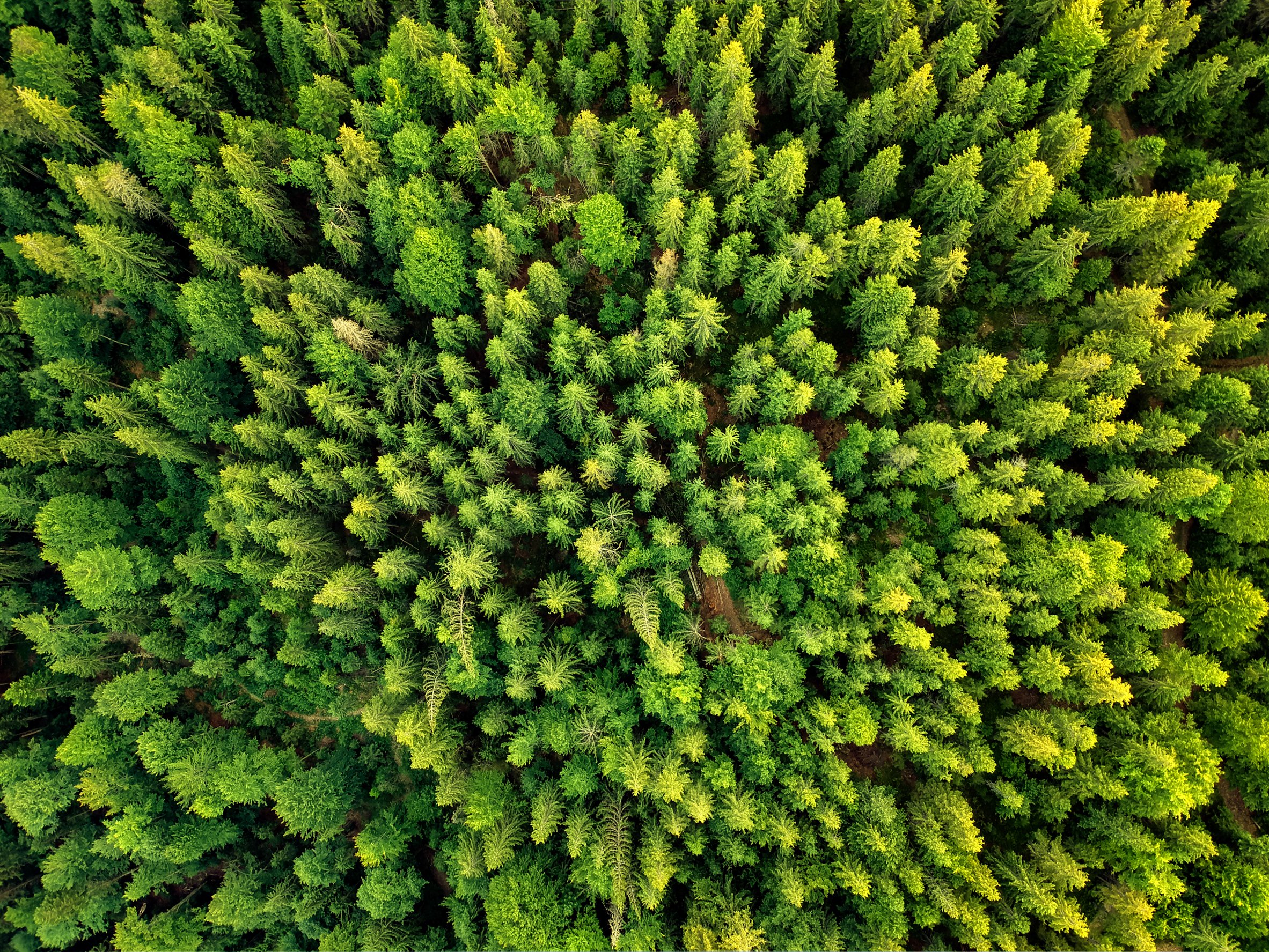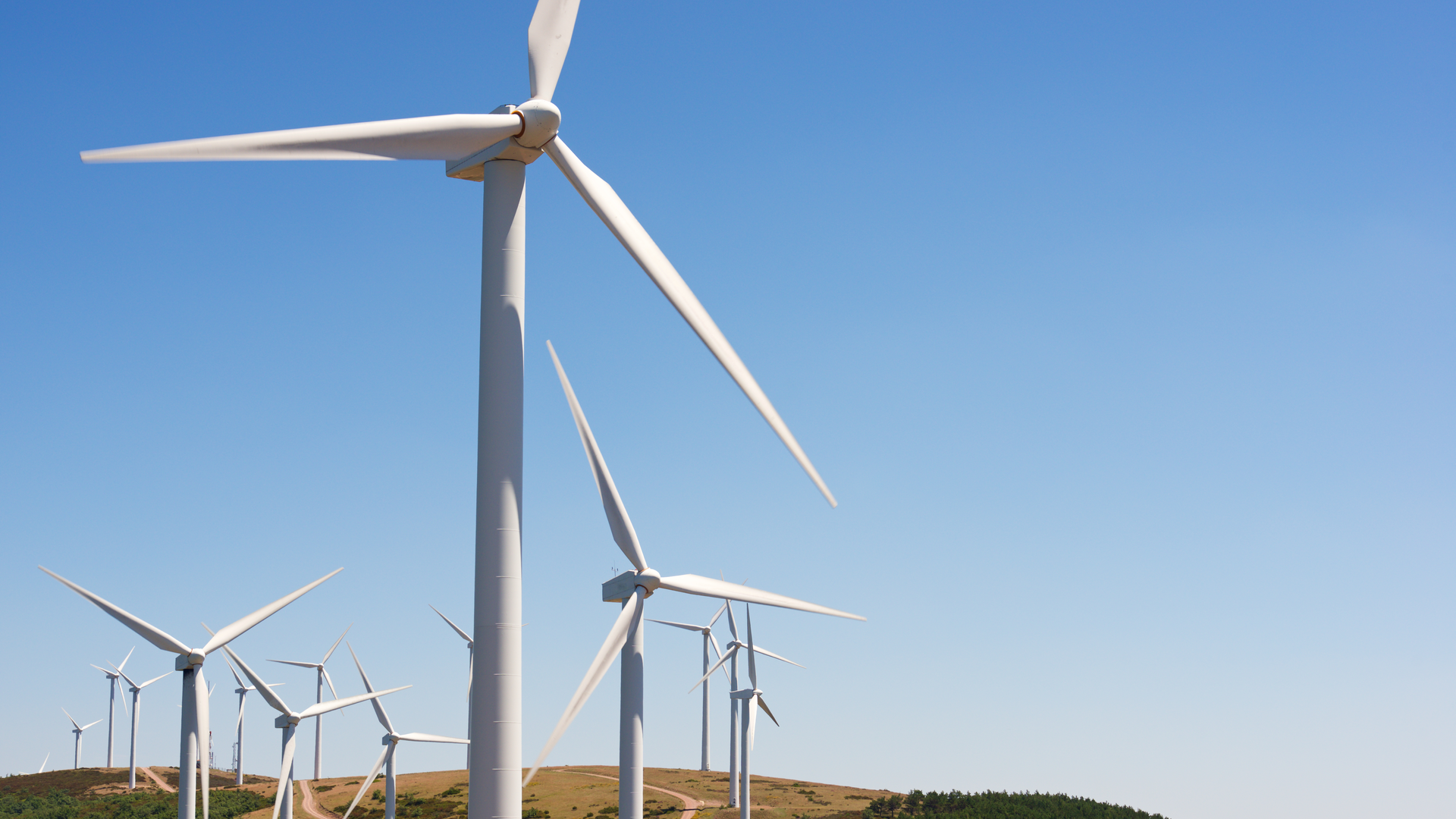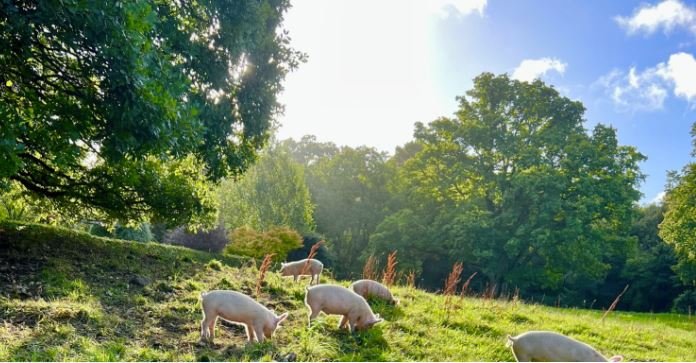Welcome to the
Frontiers Planet Prize
News page

Stay up-to-date with the latest developments of the Frontiers Planet Prize, with articles and thought pieces brought to you directly from the FPP community
Mitigating Global Warming by Storing Carbon in Biodiverse Forests
Bernhard Schmid - Remote Sensing Laboratories, Department of Geography, University of Zurich, Winterthurerstrasse 190, CH-8057 Zurich, Switzerland
Our planet, Earth, differs from other planets by the presence of a thin layer of life on its surface, called the biosphere. This biosphere maintains biogeochemical cycles, soil formation, and climatic conditions. It constantly removes carbon dioxide from the atmosphere so that the concentration of this “greenhouse gas” is now less than 0.05% instead of more than 3% around 2.2 billion years ago (Rye et al. 1995). Responsible for the capture of carbon are so-called autotroph organisms — from single-celled blue-green algae up to huge forest trees — that use the carbon to produce organic compounds. In the process, these organisms also produce oxygen. Thus, at the time mentioned above, oxygen concentration in the atmosphere had already risen to similarly high levels as we have today.
The Great Acceleration towards a “Green Renaissance”: What is the role of open transformational science?
To keep our planet operating within its safe ecological boundaries, the global community is facing a complete systems change in our way of life. Prof Jean-Claude Burgelman, Director of the Frontiers Planet Prize shares that this transformation requires an accelerated techno-economic paradigm shift for a “green renaissance” towards a healthy planet. The only way we can make it happen is by massively investing in open transformational science.
Pathways to a Sustainable Earth: Unlocking Solutions through Transformational Science
At COP28, members of the Frontiers Planet Prize community participated in the panel session "Pathways to a Sustainable Earth: Unlocking Solutions through Transformational Science", that examined the key obstacles and challenges that must be addressed to fully harness the potential of transformational science as the basis for policy discourse. The panel was moderated by Wendy Broadgate, Global Hub Director of Future Earth and an advisory board member of the Frontiers Planet Prize.
Mobilising Science for a Green Renaissance
The Frontiers Planet Prize triggers the science that propels the transition to a sustainable world by sparking the most significant race in human history for sustainable solutions. These solutions will bring about a green renaissance in science and help humanity stay within safe operating space of Earth’s ecosystem.
Which are the next walls to fall in planetary boundary science?
Frontiers Research Foundation, in collaboration with the Falling Walls Foundation, organized a session around planetary boundary science. This session, the Planetary Boundary Science: Advancing Science to Save the Planet round table, focused on whether we are producing the right science to find these solutions and provide the answers needed to get the right stakeholders on board. Jean-Claude Burgelman, director of the Frontiers Planet Prize, professor of Open Science Policy (Free University of Brussels), and former Head of Unit for Open Science Policy at the European Commission, moderated the round table.
Clearing the air: is ammonia our key to cleaner skies?
To keep our planet operating within its safe ecological boundaries, the global community is facing a complete systems change in our way of life. Prof Jean-Claude Burgelman, Director of the Frontiers Planet Prize shares that this transformation requires an accelerated techno-economic paradigm shift for a “green renaissance” towards a healthy planet. The only way we can make it happen is by massively investing in open transformational science.
Uniting generations for a sustainable future
Established in 2022, the Villars Institute is a non-profit foundation dedicated to accelerating the transition to net-zero emissions. It aims to create a healthier planet through intergenerational collaboration and systems leadership. In June of 2023, the Frontiers Planet Prize took part in the 2023 Villars Symposium, an event that fosters intergenerational collaboration and promotes transdisciplinary cooperation.








